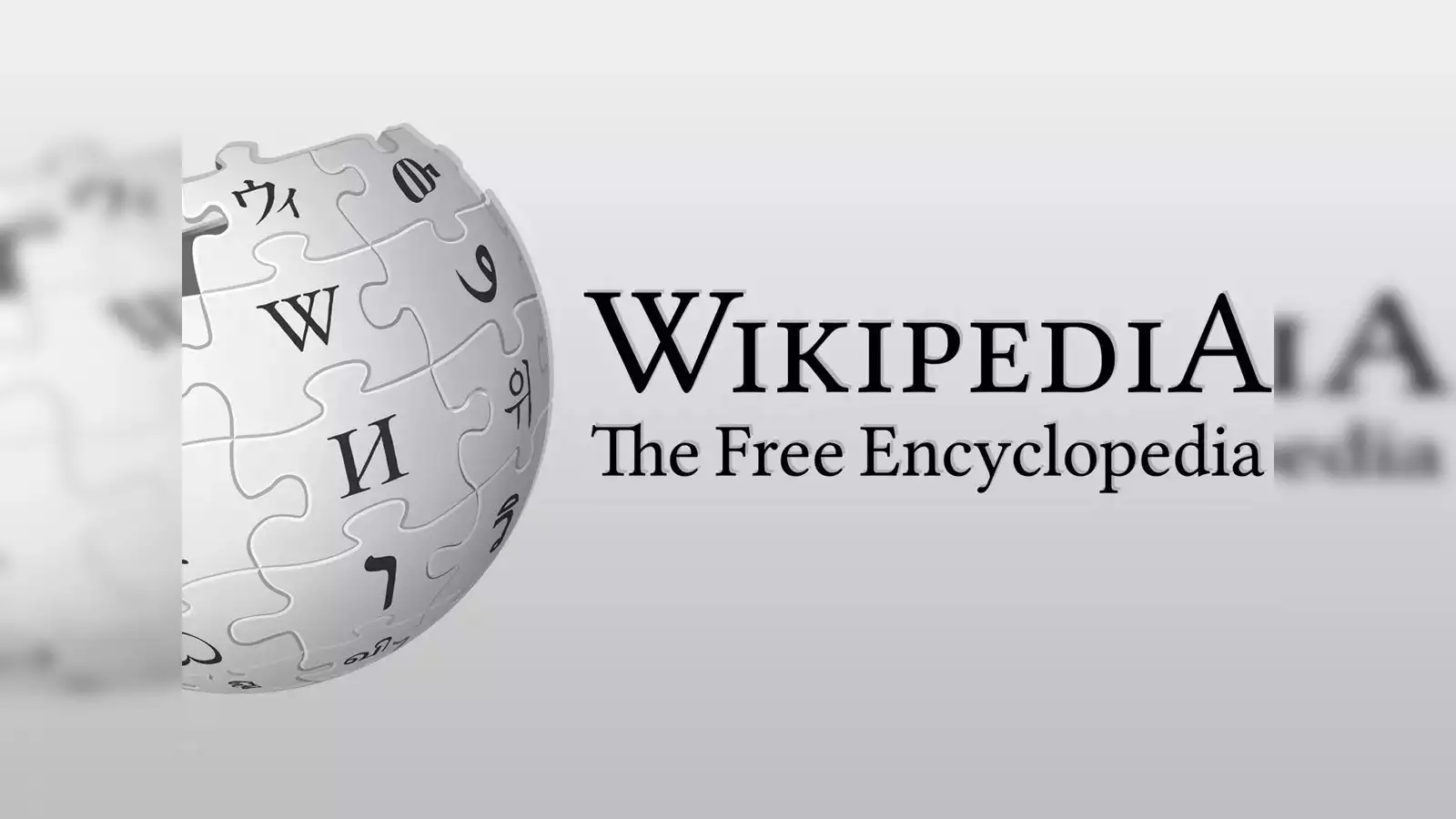The Delhi High Court recently issued a contempt of court notice to Wikipedia, marking a significant development in the ongoing defamation case filed by ANI Media Private Limited. ANI has accused Wikipedia of hosting defamatory content on its platform, which allegedly misrepresented the news agency’s work and connections. This case has stirred a debate about the responsibilities of global digital platforms when operating within local jurisdictions, especially in legal matters involving defamation and content moderation.
Background of the Case
ANI, a prominent Indian news agency, filed a defamation suit against Wikipedia, alleging that the platform hosted misleading and defamatory information about the agency. The contentious edits on Wikipedia’s page accused ANI of being a propaganda tool for the Indian government, distributing content from fake news websites, and misreporting events. ANI’s suit sought the removal of this content and demanded Rs 2 crore in damages. The agency argued that Wikipedia failed to moderate content effectively and allowed defamatory edits to persist on the platform.
Court’s Response and Wikipedia’s Defense

In response to ANI’s allegations, the Delhi High Court issued a summons to Wikipedia, directing it to disclose information about the subscribers who made the defamatory edits. However, Wikipedia’s compliance was reportedly delayed, with the platform citing jurisdictional issues as a reason. The Delhi High Court strongly criticized this defense, emphasizing that Wikipedia’s operations in India obligate it to comply with Indian laws. Justice Navin Chawla, presiding over the case, warned that non-compliance could result in Wikipedia being blocked in India. He further remarked, “If you don’t like India, please don’t work in India,” highlighting the judiciary’s firm stance on the matter.
Implications for Digital Platforms
This case underscores the challenges that international digital platforms face when navigating local legal landscapes. Wikipedia, operated by the Wikimedia Foundation and headquartered in the USA, identifies itself as a neutral platform managed by a global community of volunteer editors. It argues that it does not create or modify content directly. However, the court’s insistence on compliance indicates that platforms must adhere to local regulations, particularly when they involve issues of defamation and misinformation. The Delhi High Court’s warning to potentially block Wikipedia in India could set a precedent for how other global platforms approach legal disputes in the country.
Key Legal Points and Next Steps
The High Court’s proceedings highlighted a few critical legal points:
- Jurisdictional Compliance: The court dismissed Wikipedia’s argument regarding its non-Indian base, reiterating that operating in India mandates adherence to Indian laws.
- Loss of Safe Harbour Protection: ANI argued that Wikipedia’s actions, or lack thereof, disqualified it from the safe-harbour protections typically granted under Section 79(1) of the Information Technology Act, which shields intermediaries from liability for user-generated content.
- Personal Representation Requirement: The court has ordered a representative from Wikipedia to be present at the next hearing, emphasizing the seriousness of the contempt notice and the potential legal repercussions for continued non-compliance.
The case will continue to unfold in the coming months, with the next hearing scheduled for October. ANI’s demand for the removal of the defamatory content and damages remains at the forefront of the proceedings
Conclusion
The Delhi High Court’s stern approach towards Wikipedia in the ANI defamation case serves as a critical reminder of the complexities digital platforms face when dealing with user-generated content that conflicts with local legal standards. The outcome of this case could have broader implications for how global internet companies operate within India, especially regarding their responsibilities to monitor and regulate defamatory or misleading content. As the legal battle progresses, it will be crucial for platforms like Wikipedia to balance their global community-driven model with the need to respect and comply with local laws.

